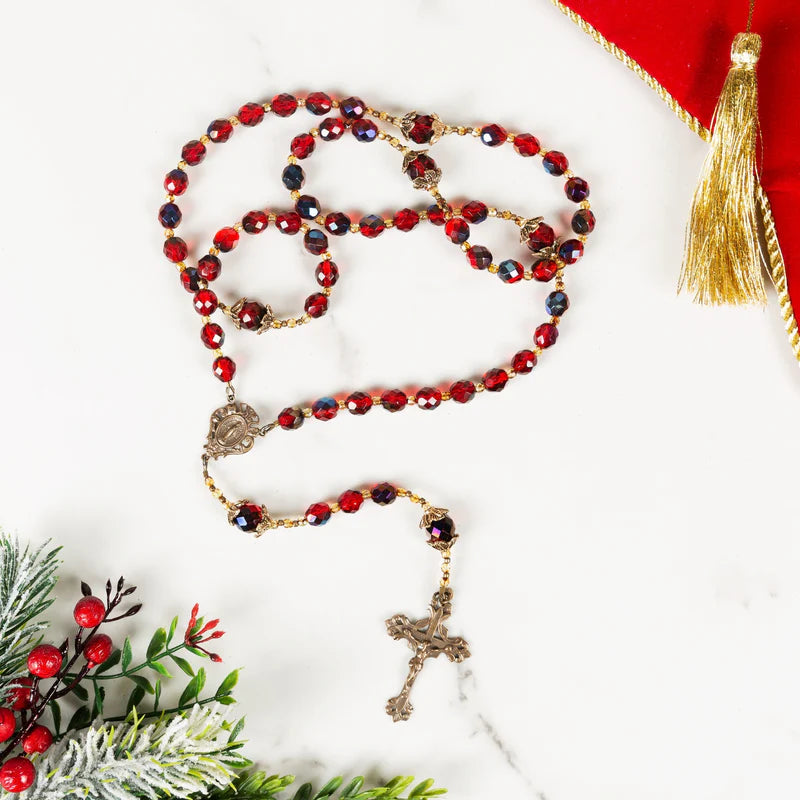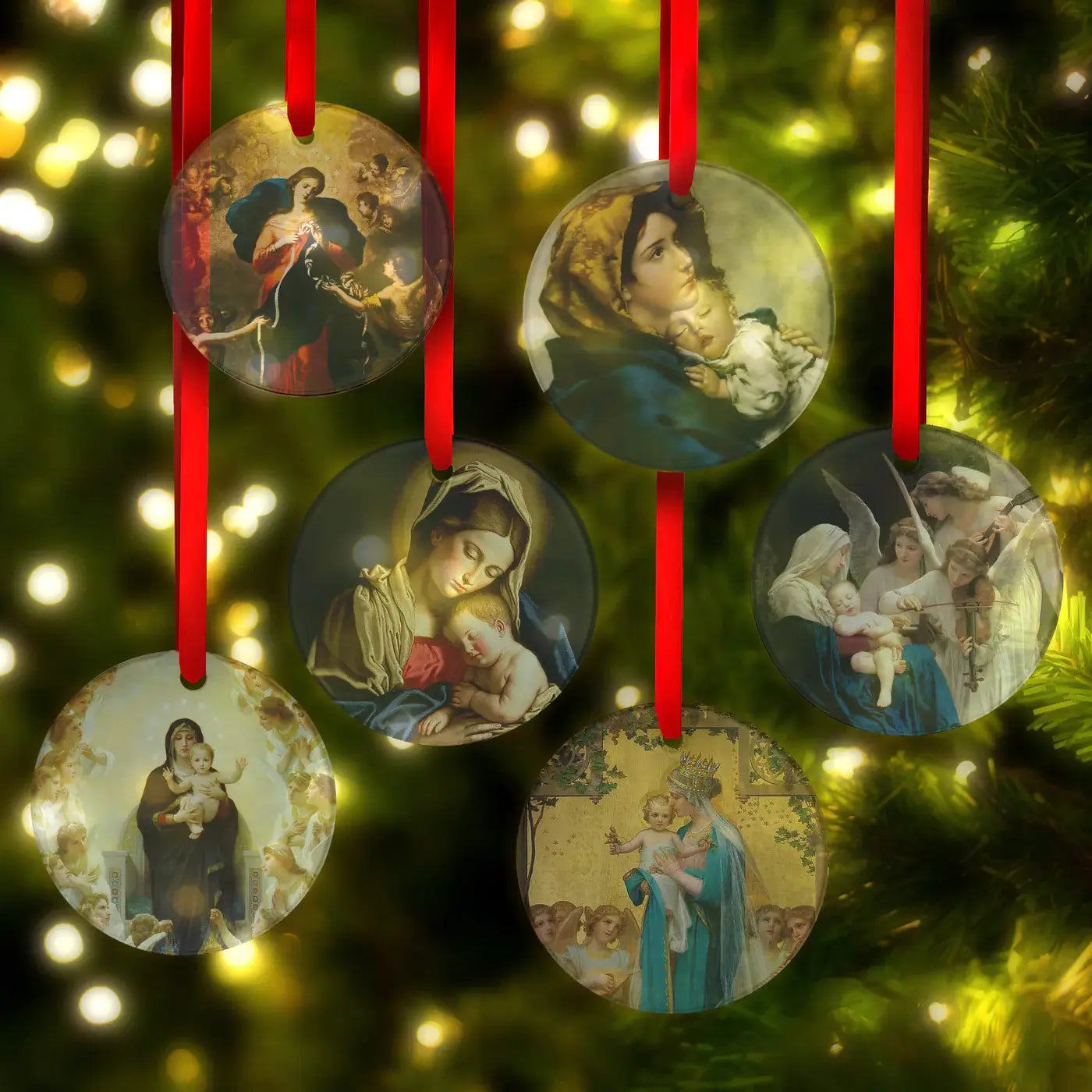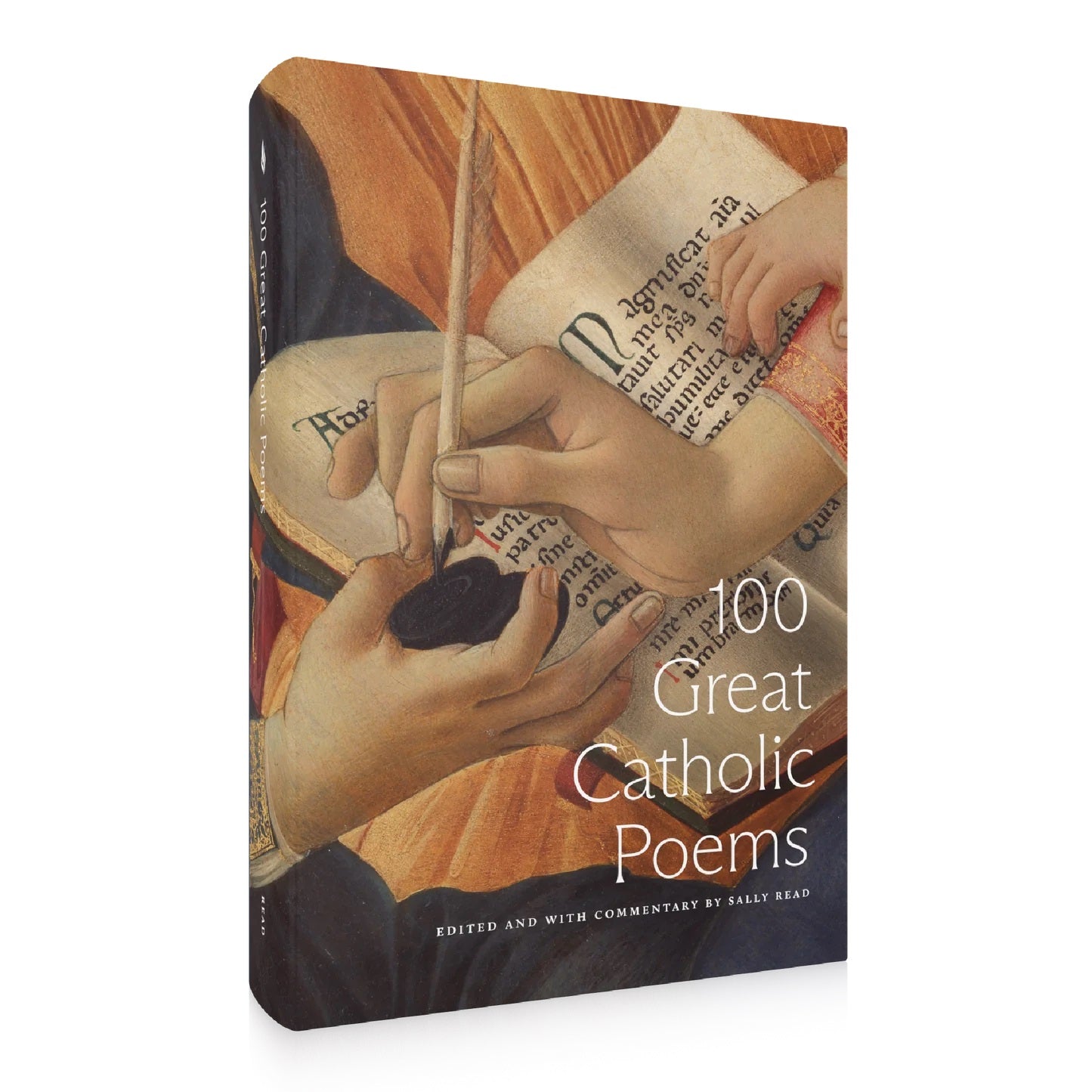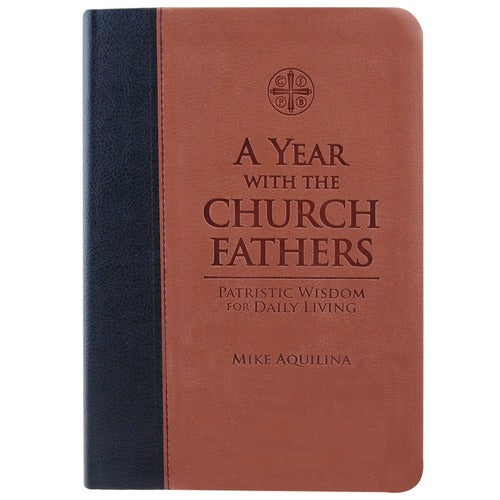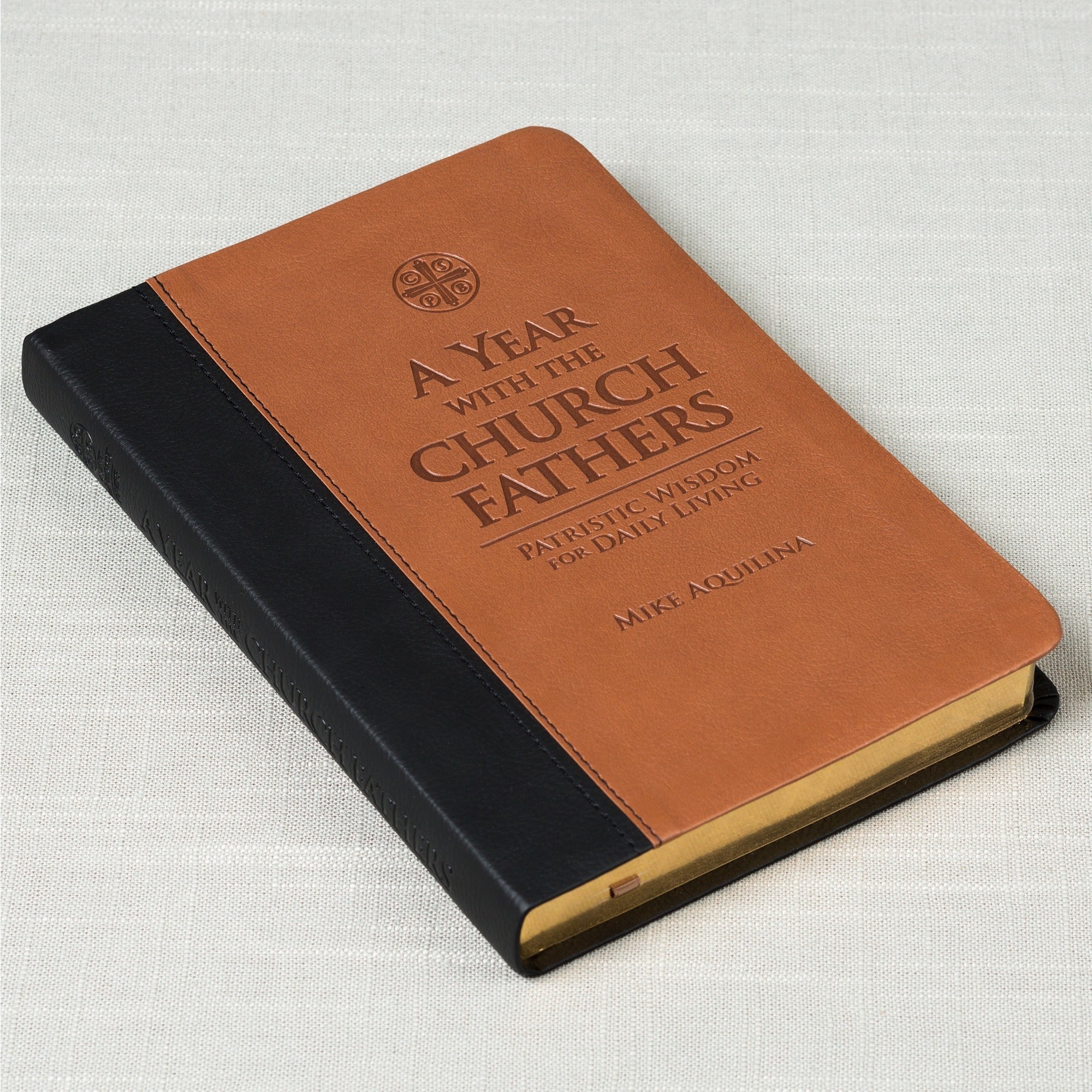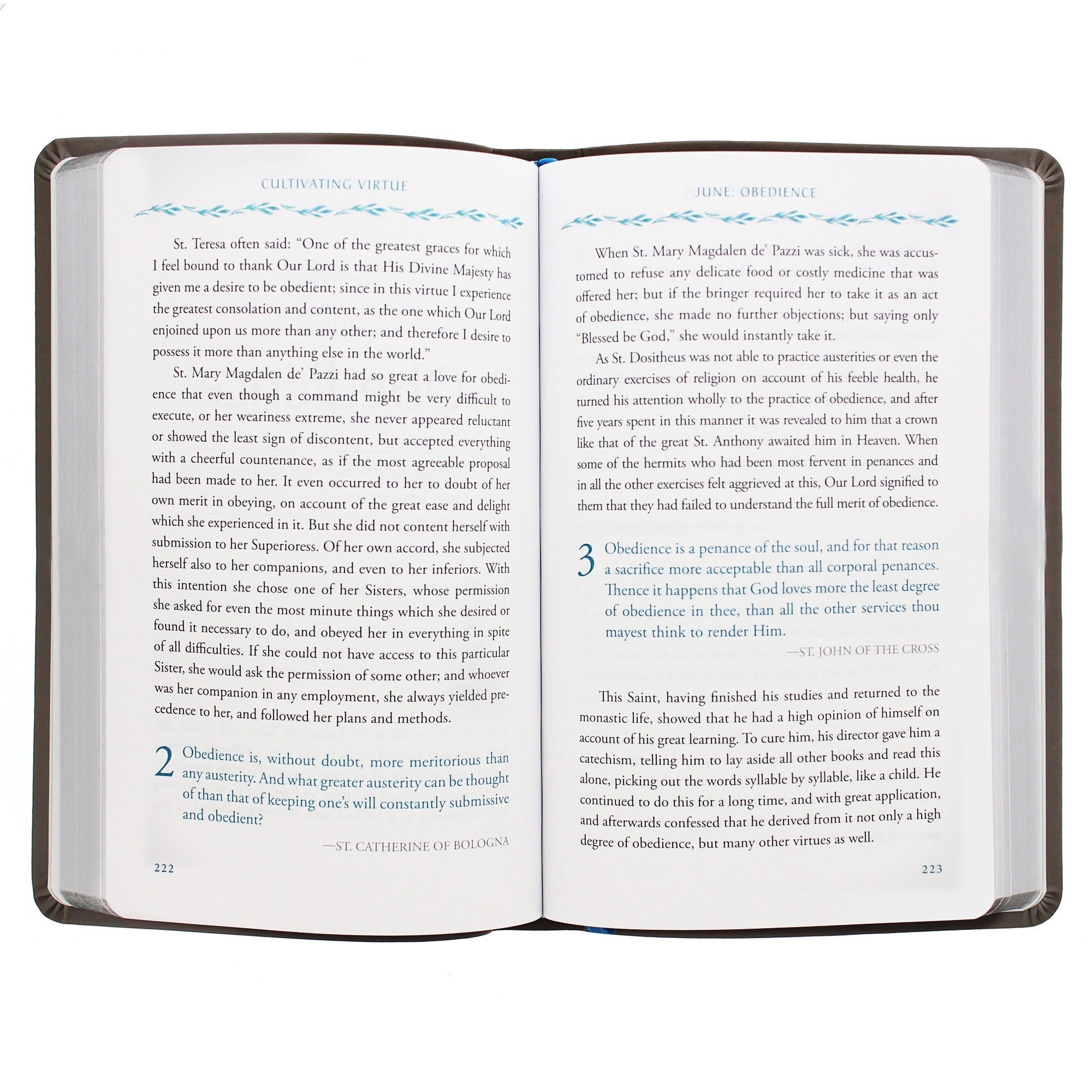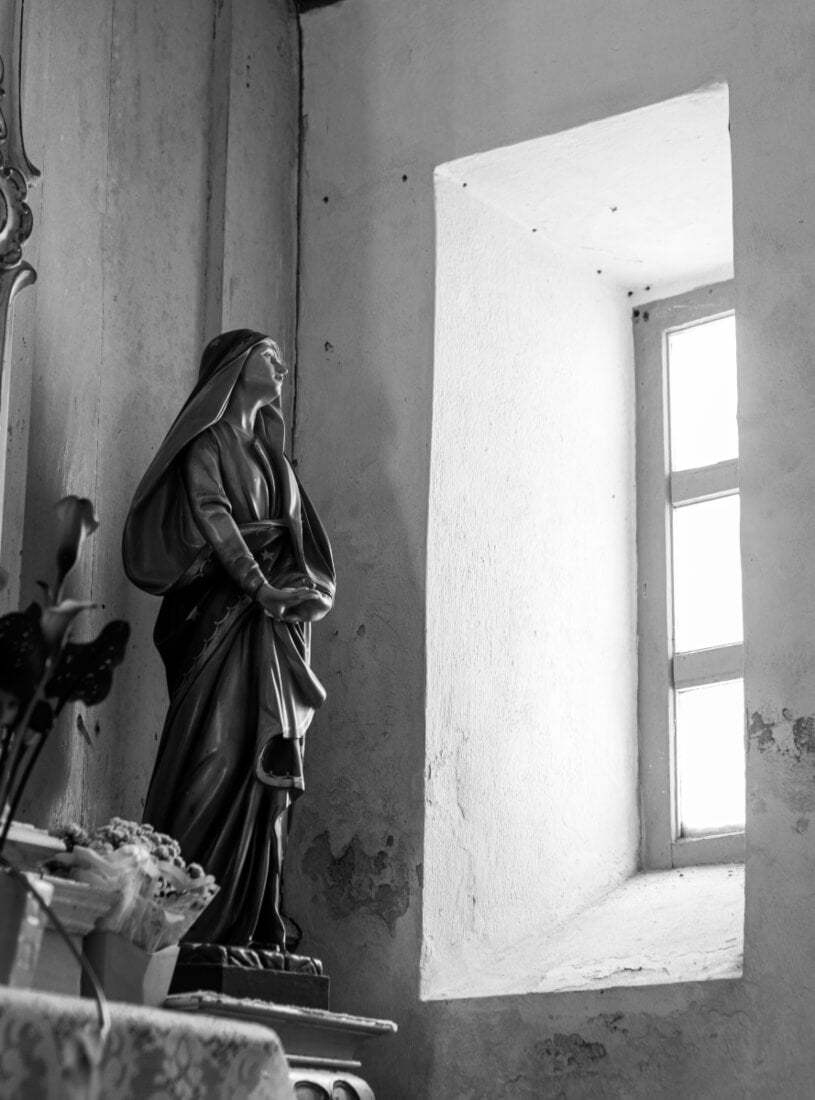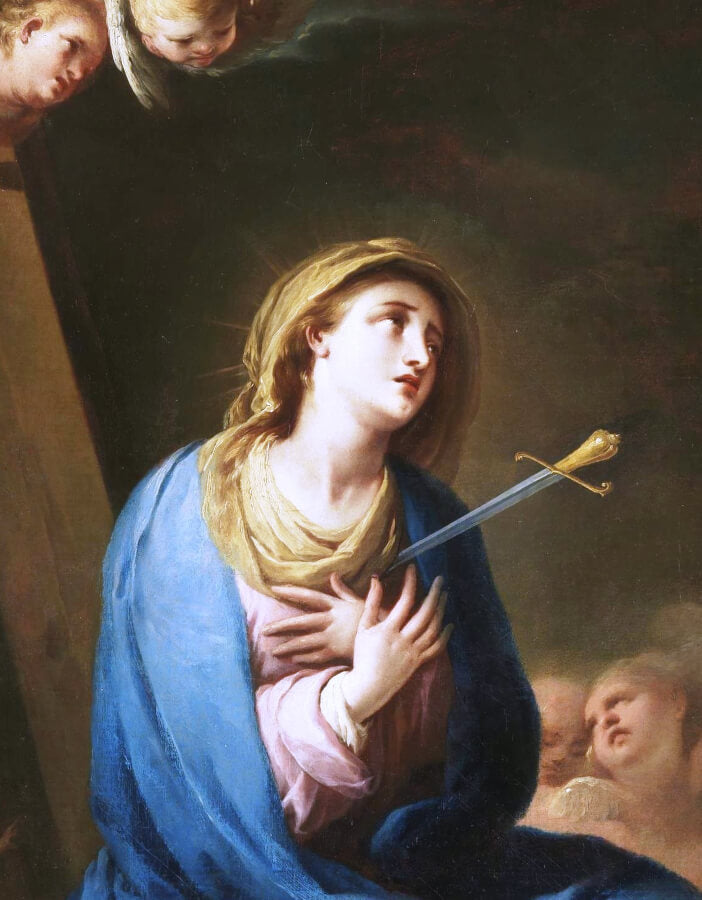Today is the feast of St. John Chrysostom, one of the most eloquent preachers in Church history!
It was his eloquence in preaching that earned him the nickname Chrysostom, meaning “Golden-Mouthed.”
You may think that having such a powerful command over language and the ability to preach moving sermons would only result in accolades and popularity for St. John Chrysostom. However, it occasionally got him into some tight situations.
St. John’s high position didn’t help either…
John was made the Archbishop of Constantinople in 398 A.D., which placed him at the heart of political and religious conflict. And John didn’t shy away from condemning the extravagant lifestyles of the wealthy, and that didn’t make him many friends. In fact, he made some real enemies, including Empress Eudoxia.
His conflict with the empress would start a chain of events that would lead to his death.

In several sermons, John criticized the moral failings and extravagance of the rich, and some of his comments were perceived as directed at the empress herself. Eudoxia, who was already displeased with his calls for reform, took these remarks personally.
So, St. John was exiled.
But St. John was so beloved that the public pressured their rulers to bring him back. He was briefly allowed to return, but even after exile, St. John continued to preach the truth—a truth those in power didn’t want to hear.
After he preached another sermon condemning an extravagant silver statue of Eudoxia erected near the cathedral, he was removed once again.
In 404 A.D., John was permanently exiled to the remote town of Cucusus, in what is now Turkey.
During his years in exile, John’s health deteriorated due to harsh conditions. Despite this, he remained in contact with his flock through letters, continuing to encourage them in their faith.
His final journey came in 407 A.D. when he was forced to travel on foot to an even more distant location. His body, weakened by illness and exhaustion, couldn’t withstand the journey, and he died along the way. His final words are said to have been, “Glory to God for all things.”
St. John Chrysostom’s “golden mouth” reminds us how powerfully words can move hearts and souls. Carry that same spirit into your own reading with 100 Great Catholic Poems, a treasury of verses that echo the beauty and truth he so boldly proclaimed. Order your copy today from The Catholic Company!


